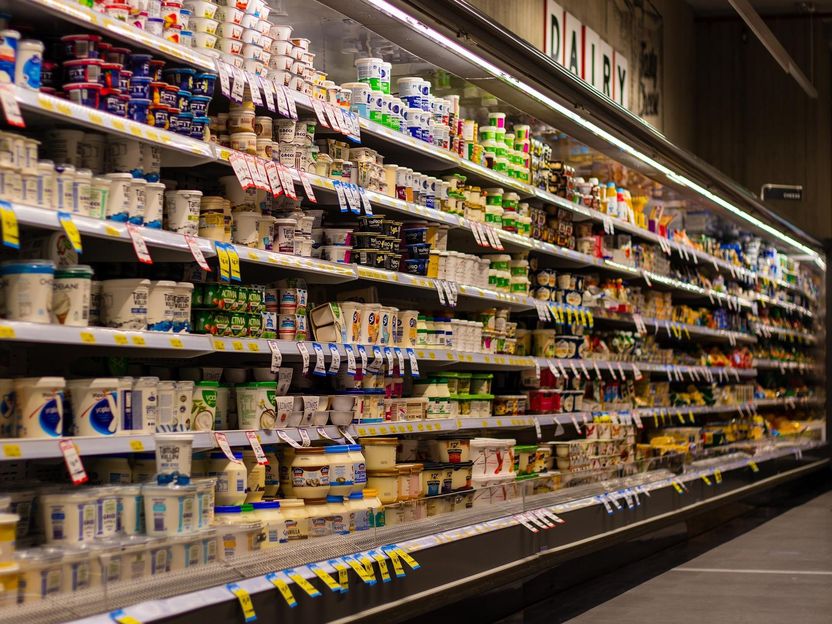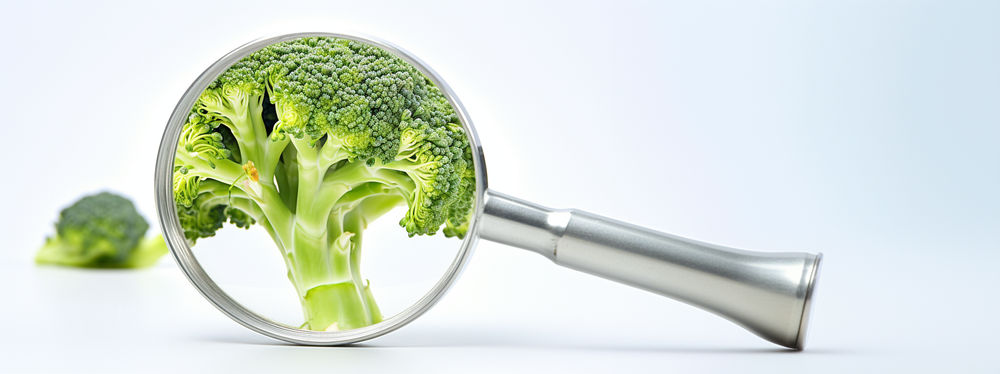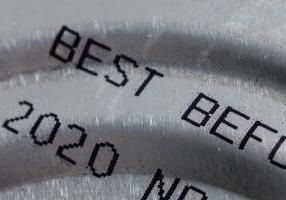Knowing the best-before date reduces food waste
Expanding consumer knowledge to save food
Advertisement
"September 29 is the International Day against food Waste, proclaimed by the United Nations. More knowledge about the best-before date for food helps consumers to handle the products correctly. And this seems to be important because, according to a study by BOKU, in Austria alone up to 133 kilograms of edible food with an equivalent value of between 250 and 800 euros are thrown away per household per year. We believe it is wrong to abolish or change the indication of the best-before date, as is discussed time and again. This is because it provides information about essential product properties that would otherwise be lost. The fact is that anyone who knows about the best-before date can save food from the garbage can. We therefore clarify",
emphasizes Mag. Katharina Koßdorff, managing director of the professional association of the food industry.

Squirrel_photos / Pixabay
The best-before date provides information about many properties of a food product
"The best-before date is regulated throughout the EU. It specifies until when an unopened food product retains all (!) of its characteristic properties at least when stored properly. This includes fitness for consumption as well as freshness, taste, appearance, color, odor or nutritional values,"
explains Koßdorff. One example: curd cheese is a fresh product that, from a microbiological point of view, would in principle have a longer shelf life, but loses its typical fresh taste and structure over time. "The best-before date therefore covers all essential product properties and not just the mere hygienic edibility of a food product. This is stipulated by food law and is important to understand. The wording 'best before' alone makes it clear that the product in its closed state is in perfect condition atleast until the declared date and can still be consumed thereafter. Otherwise, it would have to say 'bestbefore '," says Koßdorff.
"Look, smell, taste."
The best-before date is therefore not a "throw-away" date. If it has been exceeded, that doesn't mean the food is automatically spoiled. "The manufacturer's 'guarantee' for all the properties of the food has 'expired', but consumers can carefully test for themselves whether the products are still edible. This is done according to the principle 'look, smell, taste'. Food with an untypical odor or even mold should not be consumed
under any circumstances,"
emphasizes Koßdorff. But beware: the best-before date only applies to sealed product packaging. In the case of packages that have already been opened, the food may no longer be edible even before the date has been exceeded. The same applies to improper storage, for example in direct sunlight or if the cold chain is interrupted for too long.
Difference to the "use by" date
In the case of very perishable goods such as meat, minced meat, fish or raw milk, a use-by date is indicated instead of the best-before date: "to be consumed by ...". Here, too, the wording of the statement "to be consumed by" provides clear instructions to actually consume the food by the stated date. Consumption after this date may be harmful to health. For this reason, products with an expired use-by date must not be offered for sale under any circumstances. Consumers who still have such products stored in the refrigerator should better dispose of them.
The best-before date and the use-by date are set by the food producers themselves. This makes sense, because producers know best all the characteristics of their products, such as the development of germs or the pH value. They can also assess the sensory quality - for example, the color, aroma, smell or appearance of a food product. To this end, they carry out extensive analyses and storage tests. The legal requirements for the declaration of the best-before date are regulated throughout Europe in the EU Food Information Regulation.
More knowledge about the dates helps prevent unnecessary throwing away of foodstuffs
Koßdorff states: "Instead of throwing the concept of the best-before date overboard, more knowledge about the date helps to make the right decisions when it comes to food. Education in schools and educational institutions or through the food industry's initiative 'Österreich isst informiert' can help consumers understand the existing regulations and promote everyday knowledge about food. Food waste caused by a supposedly incorrect assessment of product properties based on the date can thus be reduced in a more sustainable way."
Note: This article has been translated using a computer system without human intervention. LUMITOS offers these automatic translations to present a wider range of current news. Since this article has been translated with automatic translation, it is possible that it contains errors in vocabulary, syntax or grammar. The original article in German can be found here.
Other news from the department business & finance
Most read news
More news from our other portals
See the theme worlds for related content
Topic world Food safety
Food safety is at the heart of the food and beverage industry. It ensures that the food we eat every day is not only nutritious, but also free of harmful contaminants. From field to plate, the industry monitors and regulates every step of the process with strict quality controls, advanced testing methods and continuous research.

Topic world Food safety
Food safety is at the heart of the food and beverage industry. It ensures that the food we eat every day is not only nutritious, but also free of harmful contaminants. From field to plate, the industry monitors and regulates every step of the process with strict quality controls, advanced testing methods and continuous research.
































































